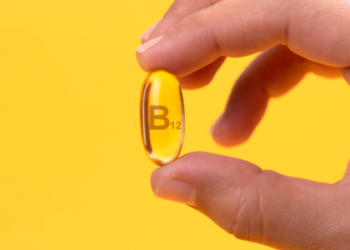Owning and caring for a horse is an expensive proposition, but there are ways to reduce at least some of the cost. It is a common knowledge that the price of purchasing a horse is small compared to how much will be spent on maintaining it during its usable life. Most people own a horse as a form of recreation, so they will also need to purchase tack and possibly pay for riding lessons and training if the horse is not finished. While the costs of owning a horse can certainly mount up, owners typically take this all into consideration before pursuing this hobby or sport.
While some horse owners are able to keep their equine at their home, not everyone lives at a property where this is possible. This means they must board their horse at a stable where the monthly bill can easily amount to a few hundred dollars. Of course, this will depend on the area with some stables offering pasture board for less than $200 per month. Boarding facilities located in areas that are more heavily populated may charge two or three times as much for stall board. These are really just the basic costs of owning a horse, so equestrians must be committed to the sport of their choice since horse ownership tends to be long term.
Since horses are large and powerful animals that are often involved in sports that can be dangerous, they are a risk for serious injuries that require the care of a veterinarian. The horse owner who has never needed a vet to treat an injury is fortunate since the cost can be financially devastating. Even a healthy animal that has not suffered any injuries will still need to be vaccinated annually to prevent common equine diseases. In addition, horses need to be on an effective worming program to prevent infestation of harmful parasites. Bloodworms live in the intestines and feed on blood which can cause anemia in a severe infestation. Other types of parasites such as bot larvae can cause intestinal blockages and colic.
Most horse owners schedule a veterinarian to do vaccinations in the spring, and this is the time of year blood is also drawn for a Coggins test. A negative Coggins is required when a horse attends events such as a show, competition or an organized trail ride. The test determines whether the horse is a carrier for Equine Infectious Anemia; an incurable disease that is spread from horse to horse though insect bites.
Some horse owners are able to administer worming paste to their animals without a problem, and that is a good thing since this medication is generally required every two months. It is not uncommon for very experienced horse people to also give the necessary spring vaccinations to their animals. It is possible to buy horse vaccines online, at a reduced cost which can reduce the cost of maintaining the health or owning equines considerably.
Although administering necessary medications personally can help to reduce the cost of horse ownership, many horse owners feel it is safer to have a veterinarian do it. In addition, some horses can be difficult to handle when they anticipate a needle stick. Many vets will show their clients how to vaccinate and also offer tips on administering paste wormers. One way to get the horse to accept being vaccinated better is to make the process less painful by using the smallest gauge needle possible. Tapping the vaccination site with the tip of the finger several times before quickly inserting the needle helps to desensitize the animal. Then the plunger should be quickly drawn back to check for blood before injecting the contents of the syringe. Massaging the area firmly after withdrawing the needle helps to alleviate any discomfort and assure the horse everything is fine.







